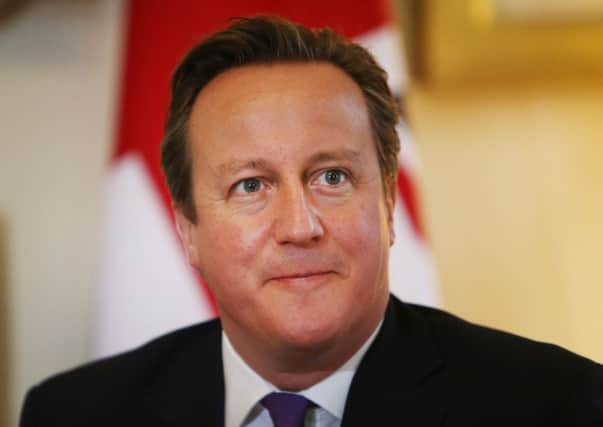David Cameron chairs meeting on Ebola threat


The meeting comes as Spain continues to deal with the first case of the disease transmitted outside west Africa, in a hospital nurse who treated an infected priest flown to Madrid.
The US is also monitoring around 50 people who came into contact with Thomas Eric Duncan, who remains seriously ill in a Dallas hospital after picking up the killer virus in Liberia before flying to Texas.
Advertisement
Hide AdAdvertisement
Hide AdProfessor David Heymann, the chairman of Public Health England told BBC Radio 4’s Today programme that the UK was not facing an Ebola crisis.
He said Cobra had met regularly to discuss the Ebola epidemic in West Africa, and today’s meeting was not a response to a threat to the UK.
Mr Heymann, professor of Infectious disease epidemiology at the London School of Hygiene and Tropical Medicine, said: “We have to look at what’s happened in West Africa as really a global failure, because it’s a failure of countries to work together to strengthen the public health systems in countries that need it, even though all countries have signed up to the international health regulations which require core capacities in public health.”
He added: “There is certainly not a crisis in the UK at this time. The UK is prepared, having prepared over many, many years to deal with events such as this.”
He said monitoring the borders to stop people with Ebola entering the UK would be difficult, because infected travellers may not have developed any symptoms.
“It’s very difficult to monitor and to stop infections at borders, because many people who are affected cross borders in the asymptomatic phase,” he said.
“So it’s very important that countries have systems that can detect persons who come from West Africa with a fever and that if they find a person with a fever they diagnose it and deal with it accordingly.”